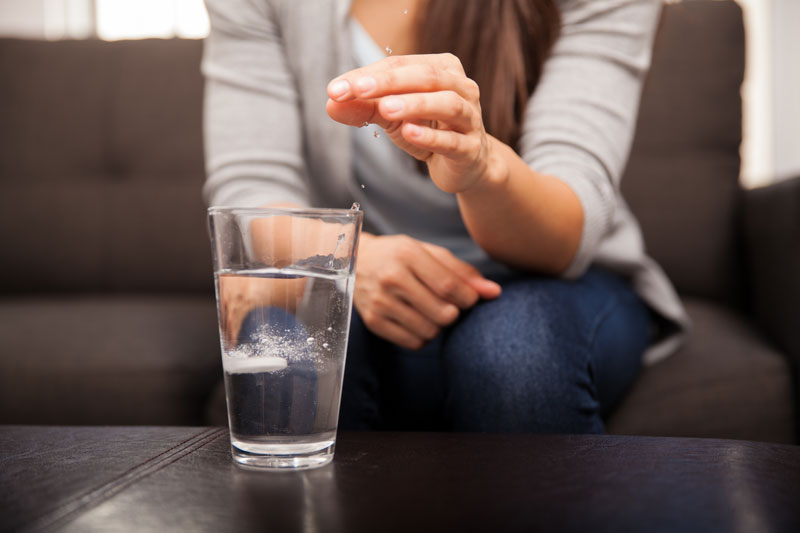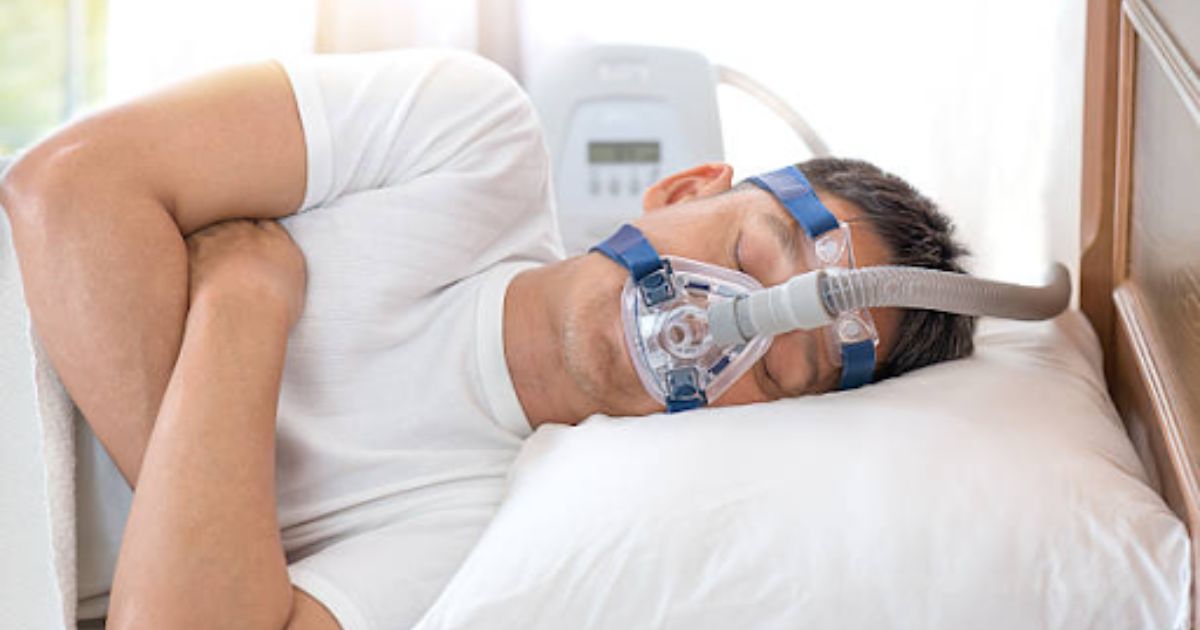If you or a loved one suffers from sleep apnea, there may be a risk of developing gastroesophageal reflux disease (GERD), also known as acid reflux. Interestingly, GERD can also cause sleep apnea. Though the two are closely related, it is somewhat of a chicken or the egg situation determining which caused which in a given person. However, studies have found that both of these conditions have similar preventable measures. Sleep apnea treatment might also be effective at dealing with acid reflux as well.
While the two are linked, they have different traits. GERD starts out as acid reflux, when the lower esophageal sphincter (LES) doesn’t close properly or tightly enough. This can lead to regurgitation of stomach contents that leads to heartburn. Acid reflux becomes GERD when when symptoms begin occurring at least twice a week.
Effective GERD and Sleep Apnea Treatment Techniques
Because these two conditions are so closely linked, they can also be treated very similarly. This is good news! They can also both be prevented using similar strategies.
Prevention is an approach that says the best defense is a good offense. It is often the most effective sleep apnea treatment. Here are several ways to prevent both sleep apnea and acid reflux.
Maintain a Healthy Weight
People who are most at risk of these conditions tend to be overweight, especially if they are older. This is why keeping yourself at a healthy weight is important. Extra tissue around the neck area can lead to sleep apnea. It can also build pressure in the stomach area, forcing digestive fluid up into the esophagus. Reducing your body weight addresses both of these issues.
Mind Your Diet
Certain foods are known to cause acid reflux and can interfere with your sleep. This should be considered while undergoing any sleep apnea treatment. Avoid fatty, fried, spicy, and acidic foods (like citrus or tomatoes), as well as carbonated beverages. Especially near bed time!
Avoid Drinking and Smoking
Smoking and alcohol are both linked to GERD symptoms and can affect your sleep. Alcohol can cause the LES to relax, leading to a heightened risk of acid reflux symptoms. Smoking can affect sleep quality. In fact, smokers are likely to report frequent waking during the night.
Look Over any Medication You Take
Some medications can affect your sleep and increase your risk of developing acid reflux. If you are undergoing a GERD or sleep apnea treatment, you may want to review your medications. Talk to your doctor about possibly switching to a different drug if possible.
CPAP Therapy as a GERD and Sleep Apnea Treatment
CPAP (continuous airway pressure) therapy works by delivering pressurized air that can ease the symptoms associated with sleep apnea. While this treatment is used for sleep apnea patients, studies have found it to be effective for GERD as well. The air is first taken in by a quiet machine in the room before being filtered and humidified by warm water. Then, the warm moist air is able to soothe your nasal passages and throat.
Get Help From the Sleep Experts at Jacksonville Sleep Center
If you suffer from acid reflux and sleep apnea, visit Jacksonville Sleep Center to determine the treatment that will be most effective for you. If are unsure if you have sleep apnea, call today to schedule a sleep study. Dr. Nassar and the Dream Team will tailor a treatment plan to your needs and help you get the sleep you deserve.






